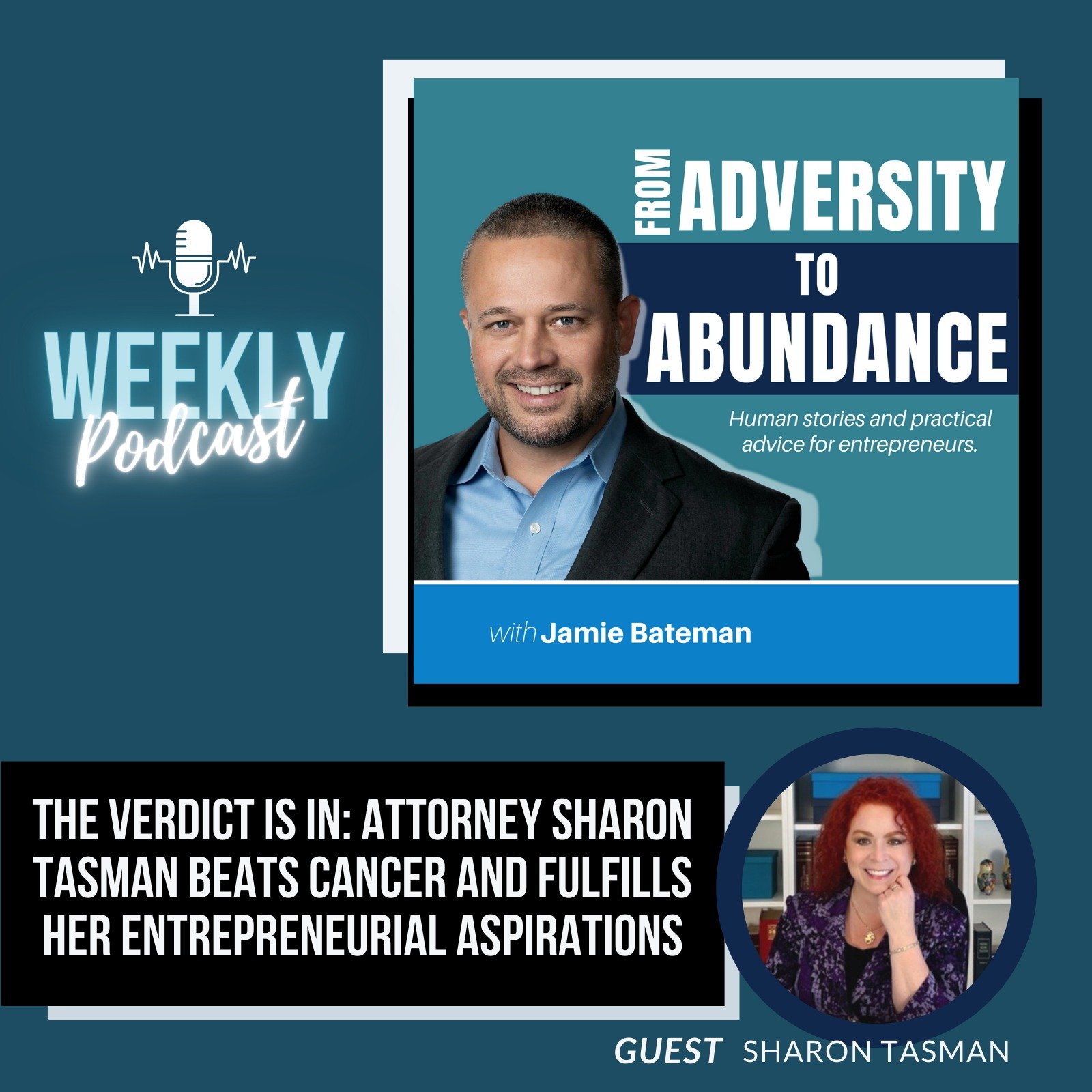Resilient lawyer-turned-entrepreneur Sharon Tasman fights for accessibility in law, embracing change and overcoming obstacles to make legal expertise less intimidating and more attainable for all.
Meet Sharon Tasman—the epitome of resilience. She's revered in her field as an attorney and mentor with over 30 years of experience. Additionally, Sharon has ventured into entrepreneurship, founding HT Biz Law, a firm that champions mission-driven companies. Her journey is as inspiring as it is instructive; a cancer diagnosis right out of high school derailed her initial plans of studying engineering, but it didn't drown her spirits. Instead, it became the pivotal moment that propelled her into metamorphosis. Driven by a desire to help budding entrepreneurs and small businesses, Sharon navigates the legal landscape with a combination of passion and unparalleled expertise.
“No matter how far you've gone down the wrong path, turn back. It's never too late to change gears and find the right direction.”
The Balance Between Financial Prosperity and Personal Contentment
Sharon’s journey sheds light on the delicate balance between financial prosperity and personal contentment. While acknowledging the importance of financial stability in decision making, Sharon underscores the equal significance of finding fulfillment and pursuing passions. This balance, Sharon suggests, helps us to build not only financially secure, but also personally satisfying lives.
Books and Resources
Illusions: The Adventures of a Reluctant Messiah
Age is an Asset: Surviving and Thriving as a 40 Plus Entrepreneur (to be released on 2024)
Connect with Sharon Tasman:
LINKEDIN: https://www.linkedin.com/in/sharontasman/
COMPANY: https://www.htbizlaw.com/
FACEBOOK: https://www.facebook.com/htbizlaw
INSTAGRAM: https://www.instagram.com/htbizlaw/
Haven Financial:
https://www.myfinancialhaven.com/jamiebateman/
ATTENTION:
Unlock the secrets to a transformative life with “From Adversity to Abundance: Inspiring stories of Mental, Physical and Financial Transformation”. Buy your copy now and embark on a journey from challenges to triumphs!
AMAZON:https://www.amazon.com/dp/B0CGTWJY1D?ref_=pe_3052080_397514860
Connect with us
WEBSITE: https://www.adversity2abundance.com
Leave us a rating or review: https://www.adversity2abundance.com/reviews/new/ or here
Got comments, feedback or suggestions? We’d love to hear it! https://www.adversity2abundance.com/contact/
Follow From Adversity to Abundance Podcast
FACEBOOK: https://www.facebook.com/profile.php?id=100089126144055
INSTAGRAM: https://www.instagram.com/adversitytoabundancepodcast/
LINKEDIN: https://www.linkedin.com/company/89949391/admin/feed/posts/
YOUTUBE: https://www.youtube.com/@FromAdversity2AbundancePodcast
Connect with Jamie
BOOK:From Adversity to Abundance: Inspiring Stories of Mental, Physical, and Financial Transformation
LINKEDIN:https://www.linkedin.com/in/jamie-bateman-5359a811/
TWITTER:https://twitter.com/batemanjames

